Do you know that frozen water pipes are a common problem in both, cold as well as warmer areas and are affecting a quarter-million families every year?
How do you know whether your pipes are freezing?
When the temperature outside drops below 25o F, the pipes are most vulnerable to freezing and subsequent bursting. If the temperature has turned extremely cold, then turn on the faucets to check the pipes. If water comes out in a trickle or there is no water coming out at all, it means your pipes may have already been frozen. In this case, you must act fast as your pipes are at risk of bursting.
What causes the freezing of pipes?
When the weather turns very cold, temperature in some parts of the world hit the freezing point, causing water to freeze inside the pipes. Other causes of frozen pipes include;
- Quick Drop in Temperature
- Thermostat set too low
- Poor insulation
What should you do if your pipes freeze?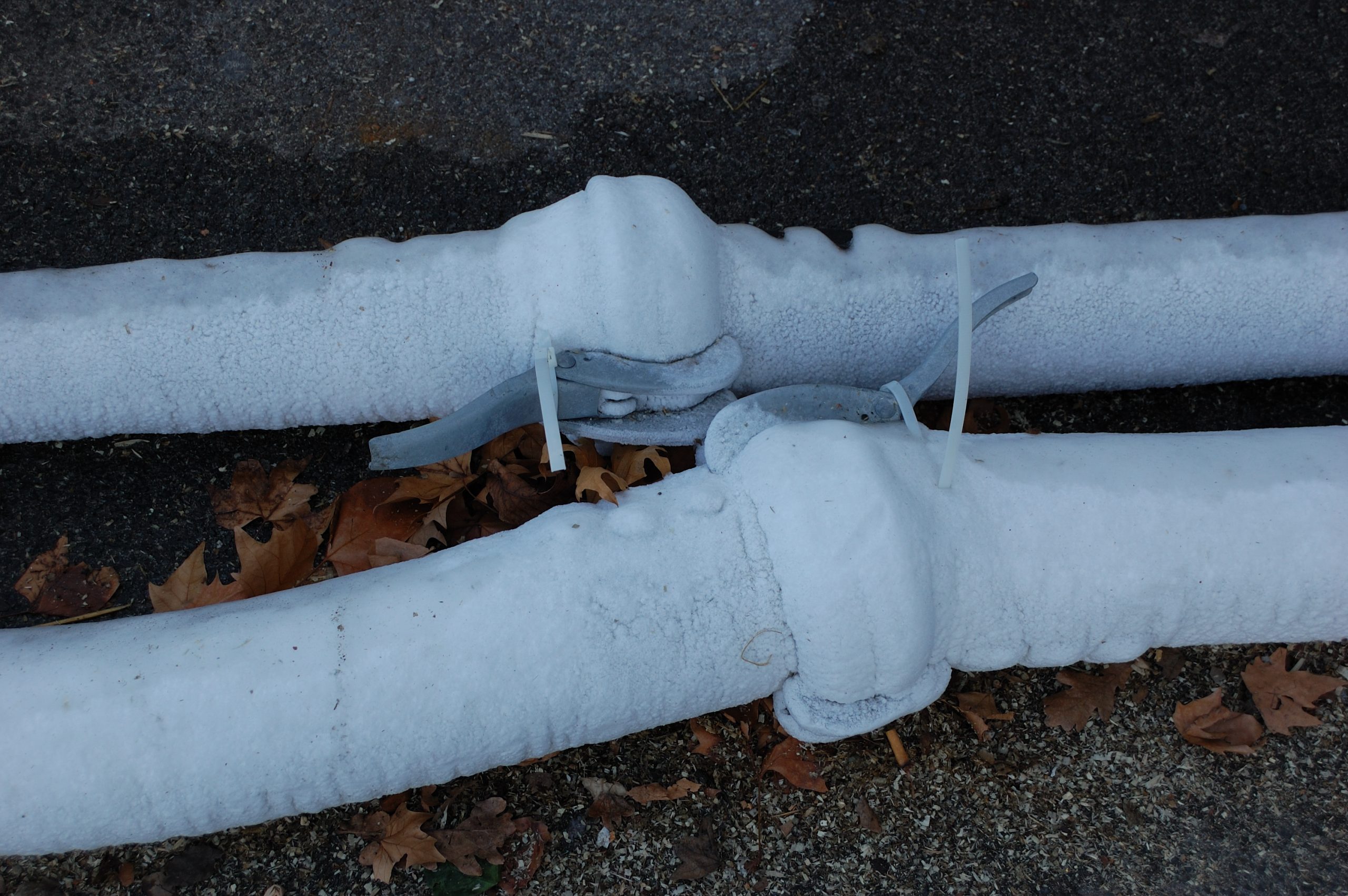
If you realize that your pipes have frozen and have not yet burst, follow the five steps to prevent serious damage.
- Shut the water leading to the structure off and open all faucets connecting the pipes. You have now reduced the pressure on the frozen water pipes, thereby minimizing flooding, in case the pipes burst. This is very important, especially when you are going on a vacation.
- In case the frozen pipe is visible, use a hair drier to thaw the blockage of ice. Avoid using an open flame and keep any inflammable material away from walls to prevent fire risks.
- Examine any exposed pipe for leaks. Although the water main will be shut-off, there will be enough pressure to reveal any leaking pipes after thawing them. If you can identify any leaking pipe, repair it immediately.
- If there are no leakages, examine the pipes which might have experienced a hard freeze. The pipes that may have experienced fatigue and stretching need to be replaced as they will be vulnerable for failures in future.
How to Prevent Pipes from Freezing?
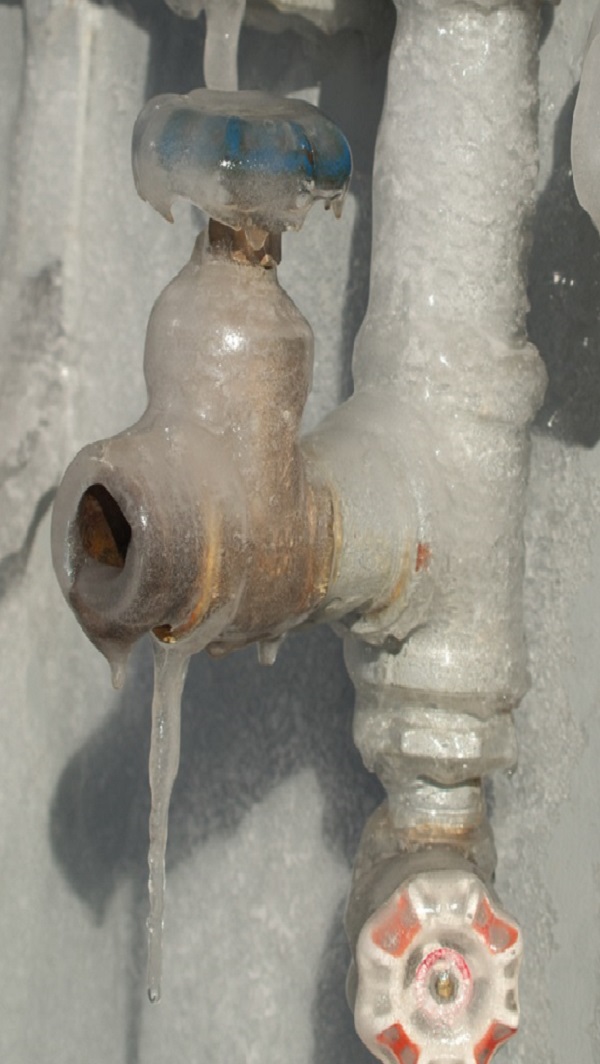
As they say, prevention is better than cure; you should prevent your pipes from freezing, as they can cause a lot of destruction when they burst.
The best prevention method you can use against the “frozen water pipes” is to keep them warm, preferably above the freezing point.
Below are seven simple steps you should follow to ensure your pipes are safe from freezing;
01. Install a Frost-Proof Faucet:
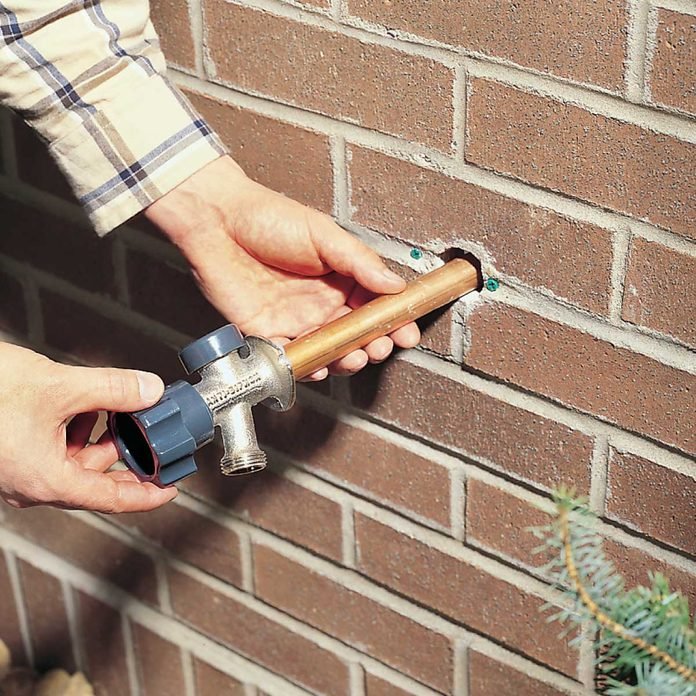
Outdoor faucets such as hillock or hose bibs are particularly prone to freezing. To prevent this, you can install rigid-foam covers that slip over the faucet. However, replacing the existing faucet with a frost-proof sillcock would go a long way.
Frost-proof sillcock shuts off the water deep in the house, which is not exposed to freezing temperature. To install it, you join the new sillcock to the current piping using push-fit solder-less fittings.
02. Keep The Heater On Even when You Are Away From Home:
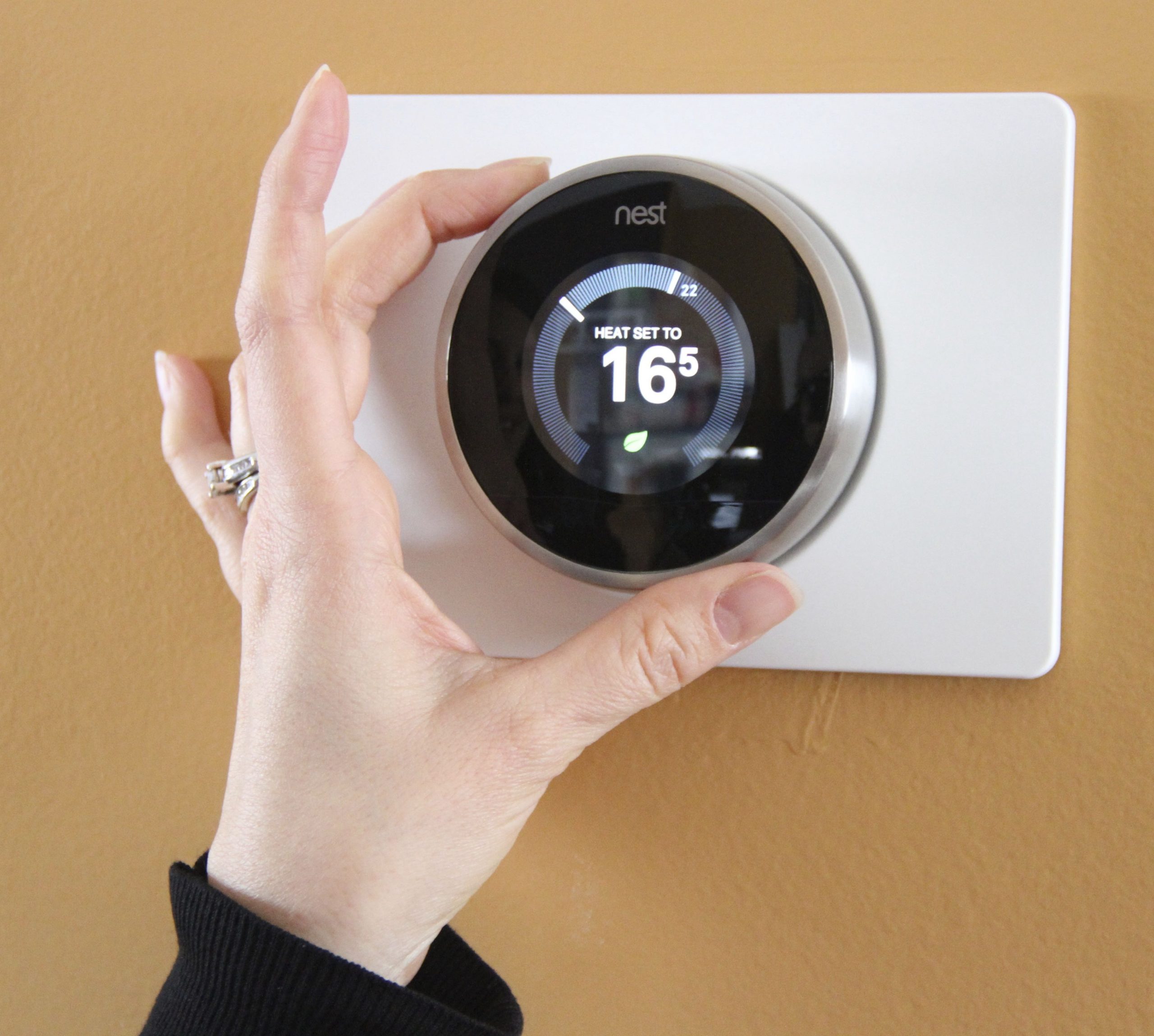
It would be best if you always kept the heater on whenever you’re away from home. It would also be wise to enlighten the other family members on how the heat helps to prevent the pipes from freezing and how the frozen water pipes can burst and cause havoc in your house.
You don’t have to keep the heat as high as you usually do when you’re around. You can keep it set above 50 F to prevent any water inside the pipes from freezing.
03. Install a Pipe Insulation: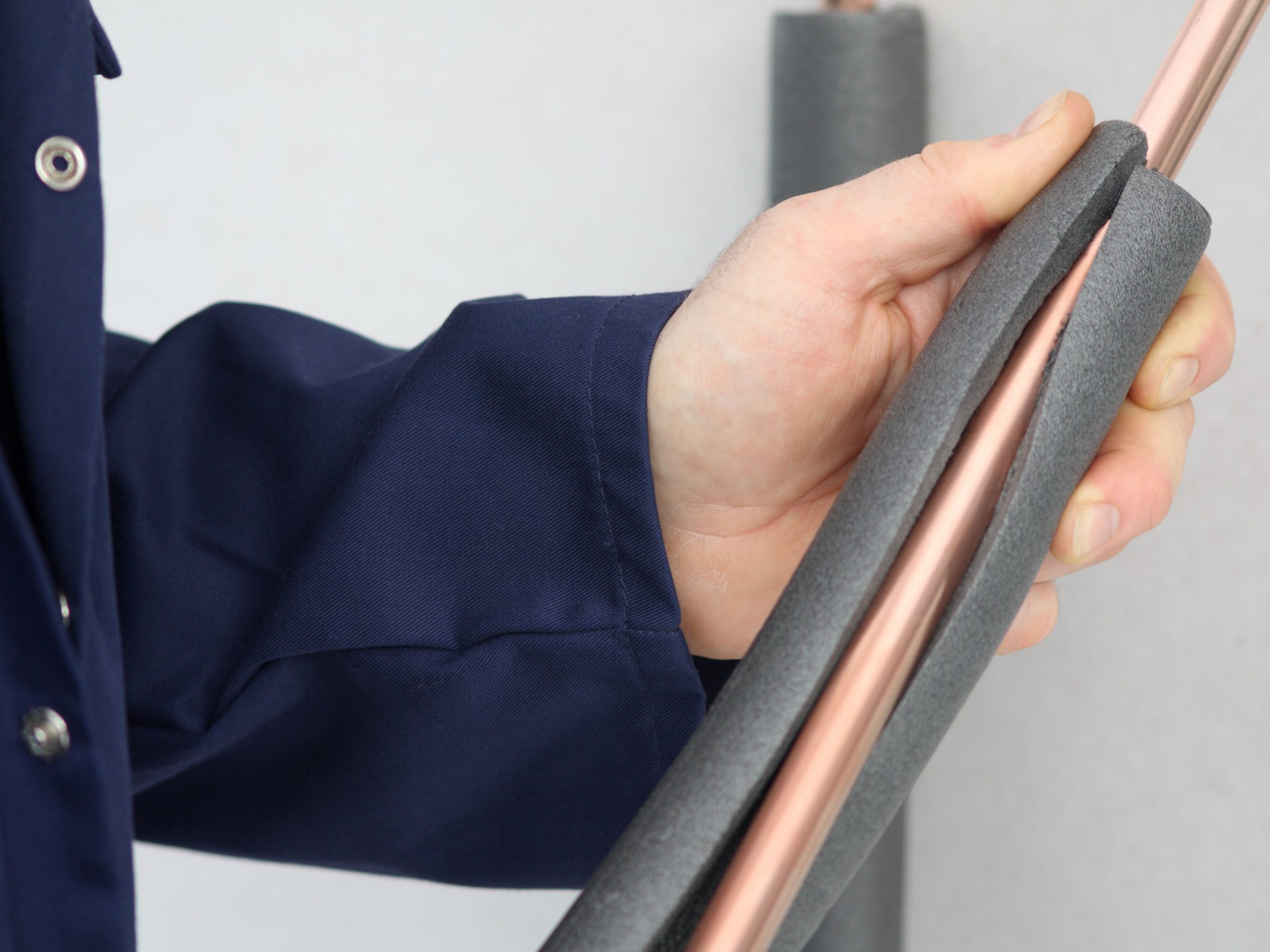
Pipe insulation is one of the most effective ways of preventing your pipes from freezing. Pipes in the attics or basement require extra insulation to protect them from freezing.
The pipes can be fitted with fiberglass sleeves or foam rubber to decrease the chances of freezing. Despite being expensive, this is the best solution for the exposed pipes, especially if the walls, ceilings, or floors have to be opened to insulate the pipes properly.
04. Install a Heating Cable on Pipe:
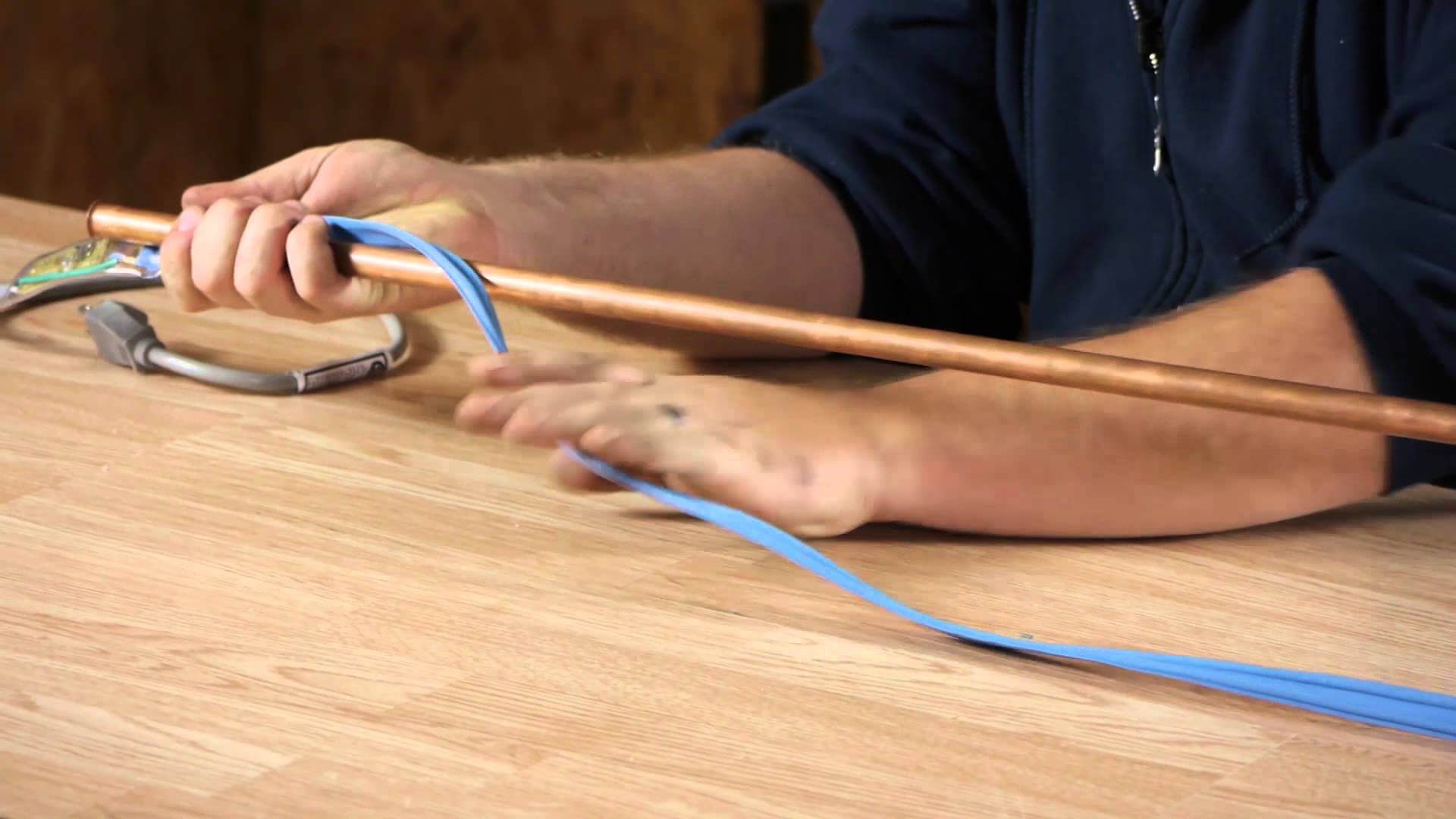
If you’re in a freezing area where pipe insulation alone can’t prevent your pipes from freezing, installing a heat cable would do the trick. The good thing about it is that you don’t need to call a professional plumber to install it, for you can do it yourself by following the manufacturer’s installation instructions.
Some heat cables run alongside the pipe and are secured with zip ties or tape, while others are wrapped around the pipes. The pipes are warmed by the electrical current, which runs through the cable, keeping the water flowing.
05. Apply Heating Tape on Pipe:
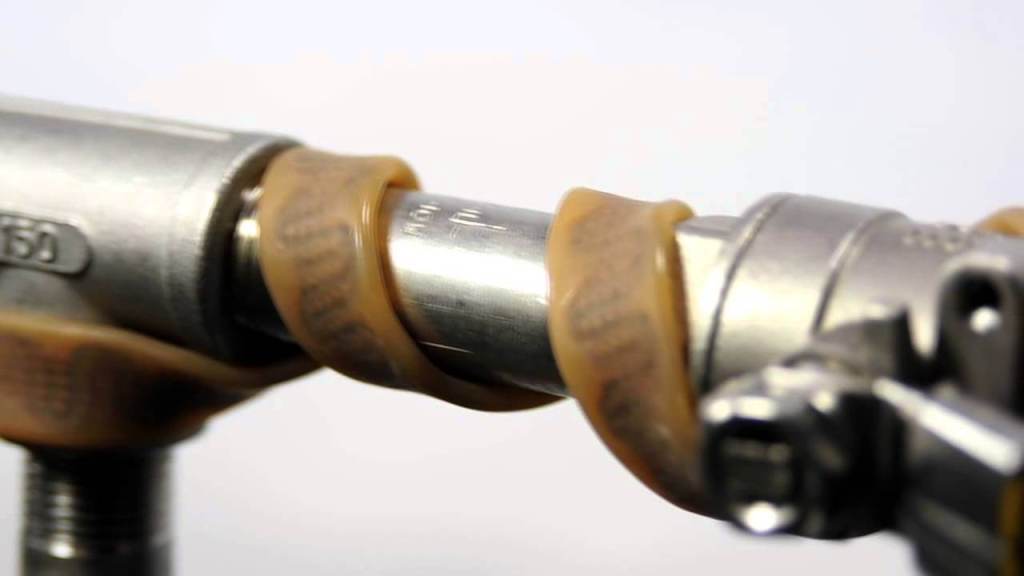
The heating tape keeps the pipes warm by directly distributing heat to the pipes to keep them warm during the cold season. For the short pieces of pipes that are easily accessible and are at high risk of freezing, applying the heating tape would be the best solution.
Heating tapes come in two types;
- That turns on and off by itself whenever it senses that heat is required, and
- That you have to unplug when it is not in use and plug in when the heat is required- it has no manual or automatic off/on switch.
Note: Since a certain degree of danger is involved in using these, you should strictly follow the safety procedures and the direction for use.
06. Allow the Faucet to Drip:
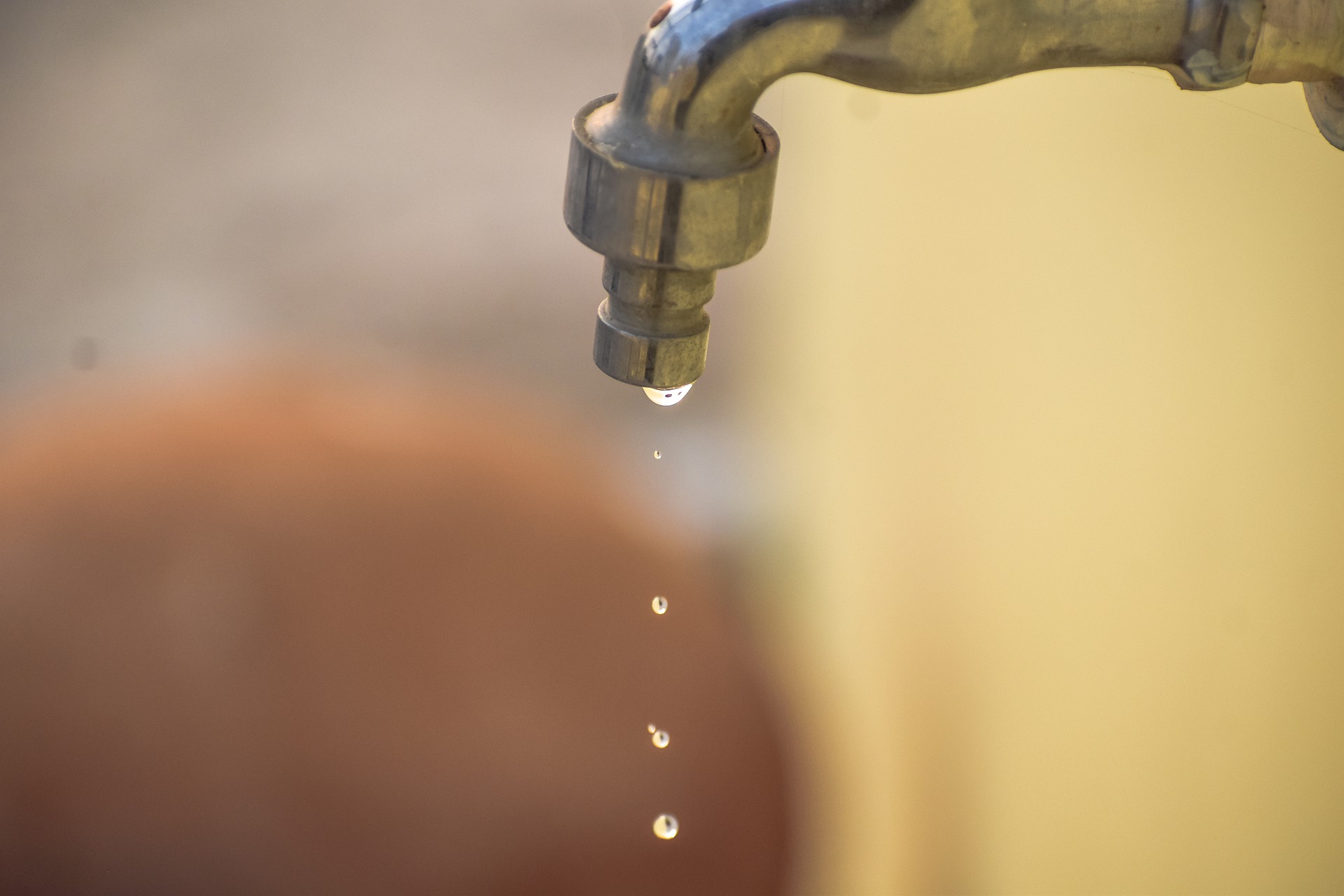
If you suspect that the cold weather would cause freezing of your pipes, open the faucet a bit so that the faucet can drip slightly. By doing so, it would relieve the pressure in the system created between the faucet and the blockage. When you open the faucet slightly, it will prevent pressure build-up, which would prevent the bursting of the pipes.
If both cold and hot water pipes serve your faucet, slightly open both the faucets’ taps.
07. Keep Open the Interior Doors:
How can you prevent the pipes located in the cabinets from freezing? Okay, when the temperature drops, try to keep the cabinets’ doors open to enable the heat in the house to percolate and keep the pipes warm.
Also, keep open all the interior doors to allow the circulation of heat throughout the house. As an extra measure of the pipes’ protection, place an electric space heater in front of the cabinets. This will prevent the pipes from freezing.Since now you know how to prevent pipes from freezing and what to do when your pipes freeze, act now to avoid any possible damage in your home due to freezing.
You may also like the following articles –
Fixing the Airlock In Pipes: 5 Efficient Practical Methods!
3 Main Causes & Remedies of Noisy Pipes
Image Courtesy: Image 4, Image 6, Image 7, Image 8
Author Bio
Fidelis Kinai – Fidelis Muti possess a bachelor’s in English and Journalism and have over four years of professional experienced writing and proofreading materials for print and online platforms, including newspapers, magazines, websites, blogs, and social media accounts. He also have over three years of experience as a marketing assistant and social media manager.
He is versatile and diligent and will produce exemplary content within time to meet your deadline.
He can deliver most work within 2-3 days; rush orders are accepted whenever possible. He is based in the Kenya but travel often and work for clients all over the world.